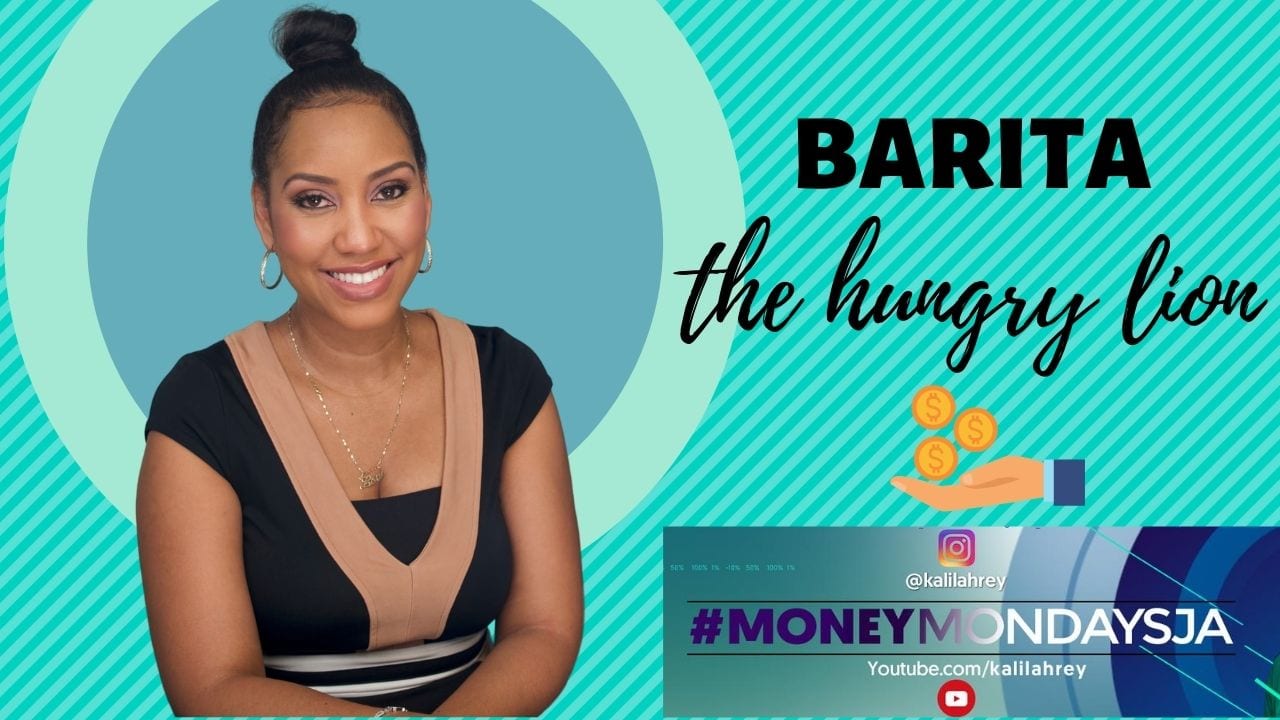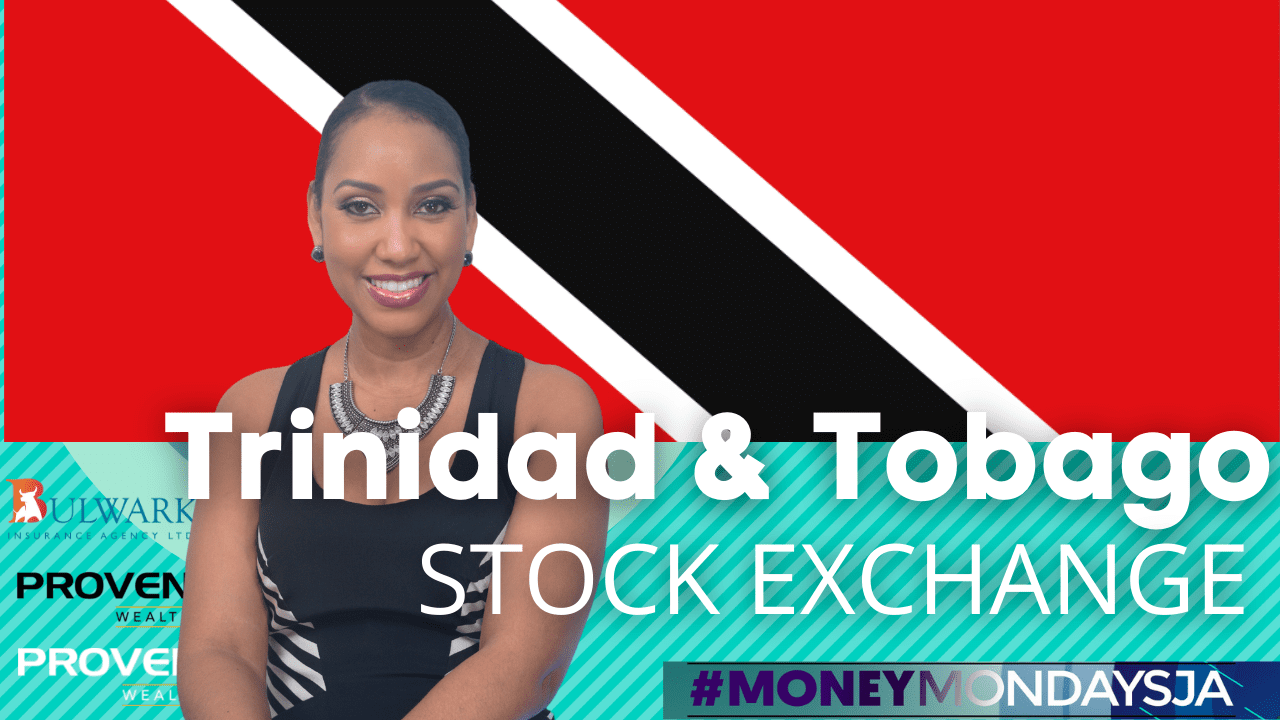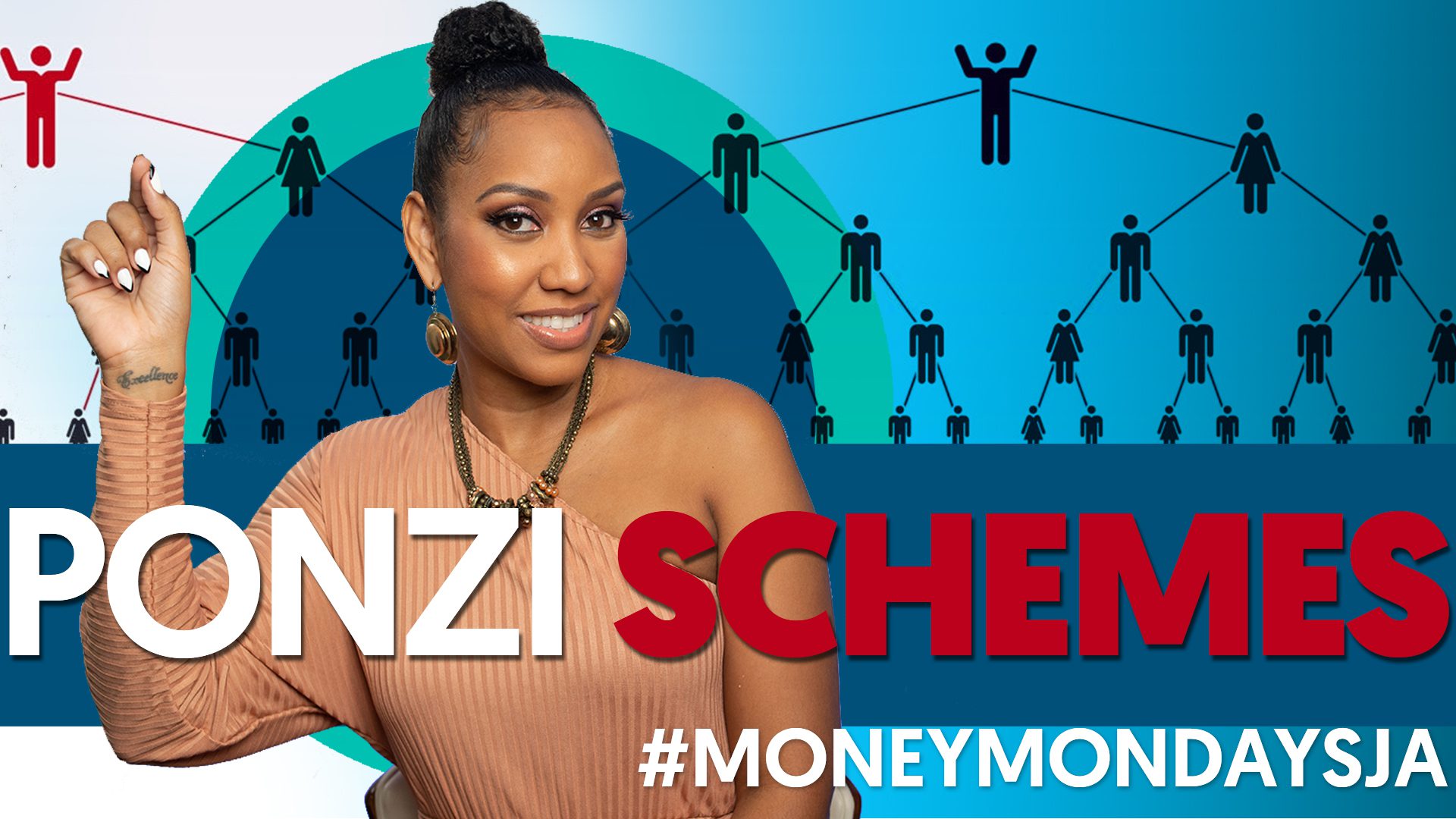Insider/Outsider Trading
Stock markets can be really unpredictable. 2020 taught us that for sure, so it’s easy to understand why someone would be happy to use an “inside scoop” to stay ahead. But using that “inside scoop” is actually illegal. It’s illegal for anyone to use information not available to the public to make trades on a stock exchange. That’s called illegal insider trading.
An “insider” is anyone who has access to non-public information about a company that can affect the company’s stock price, so illegal insider trading happens when an “insider” uses the information they have, that the public does not, to buy or sell securities (also called shares) in the company.
Under Jamaican law, you can be sentenced to up to ten years in prison plus have to pay a fine determined by the court, for insider trading. You may also be liable to pay compensation to persons who’ve suffered loss as a result of your insider trades. They can bring action against you for those losses.
Typically, when you think of people who would have access to high value information that can affect stock price, you think of Directors or high ranking executives like the CEO or CFO. However, in most countries, including here in Jamaica, the law also extends to the insider’s spouse, minor child, their friends, and relatives, or any business/corporation that the insider or persons connected with him or her, has control over. This might seem a little intense but the laws exist to ensure a level playing field when it comes to investing, so nobody can use unfair advantage.
It’s important to note that insiders can participate in trades. CEOs can sell off their shares in the company if they want to. In fact, we often see notices posted on the Jamaica Stock Exchange’s website when directors and connected parties do this. It only becomes illegal if they’re doing it based on knowledge that the public isn’t aware of.
For instance back In 2019, the former Chief Information Officer at Equifax, Jun Ying, was sentenced to four months in prison, one year of supervised release, and some hefty fines after being charged with insider trading.
In 2017 Equifax, which is one of America’s largest credit reporting agencies revealed a massive data breach that put millions of Americans’ credit info at risk. As a result, the company’s stock price plummeted.
According to court documents, about two weeks before the data breach was announced to the public, Ying sold his shares in the company for US$950,000, making a profit of more than US$480,000.
His position as Chief Information Officer gave him advance knowledge of the breach and he was able to sell his shares before the price plummeted. He reportedly saved US$117,000, because he had to pay it back in fines.
If you recall, insider trading is the same thing Martha Stewart went to prison for. So they take it very seriously over there.
Here in Jamaica, the Securities Act of Jamaica and the Jamaica Stock Exchange both provide guidance when it comes to insider trading to prevent something like this from happening.
A few of the general rules are that:
- Employees cannot buy or sell shares in their company once they have access to information that will affect the stock price, that hasn’t been revealed to the public.
- Insiders cannot pass on price-sensitive information to another person when they know or should know that the person will act on the information.
- Insiders are liable if they reveal price-sensitive information to someone and that person then acts on it.
Those last two points are important because you might be thinking well, I don’t fall in the category of “insider” so these laws don’t apply to me. Not true, once you make a trade using information that is not widely known by the public, it is still illegal and can be considered insider trading.
Remember an “insider is any one who has valuable, non-public information” about a company. So if your friend works at a tech company that’s listed on the stock exchange and you overhear or they tell you about a massive upgrade to the tech that will cause the stock price to rise, then you go and buy stock in that company… that my friend, is illegal. Like I mentioned earlier, the insider who revealed the information will also be held liable for your actions. Many companies have adopted insider trading policies that outline when employees can or cannot participate in trades.
Though the policies vary from company to company, something that is common is the existence of “closed periods“, which are timelines when insiders are not allowed to buy or sell shares.
Generally, the periods are:
- The period beginning from the time the price-sensitive information is obtained up to the date the matter is reported to the JSE.
- Thirty days before a company’s quarterly results are due to the JSE up to the date the results are announced.
- And Sixty days before a company’s annual results are due to the JSE up to the date the results are announced.
Like I said earlier, insiders and those connected to them are allowed to make trades. They just can’t do it using information that the public isn’t aware of. I hope this helps to keep you out of trouble on your investment journey.
Speak to an investment advisor at PROVEN Wealth about opening your investment account today! Visit https://provenwealth.com
LET’S GET THIS MONEY!
#letsgetthismoney
RELATED TO THIS VIDEO:
#MoneyMondaysJa – HOW TO INVEST ON THE JAMAICA STOCK EXCHANGE
https://www.youtube.com/watch?v=HzAuu8sAhO0&t=3s
#MoneyMondaysJa – HOW TO BUY U.S. STOCKS FROM THE CARIBBEAN
https://kalilahreynolds.com/episodes/how-to-invest-in-foreign-stocks/
TAKING STOCK
https://kalilahreynolds.com/programmes/takingstock/
Categories: MoneyMondaysJA
Audio Only
More #MoneyMondaysJA Episodes






Leave A Comment